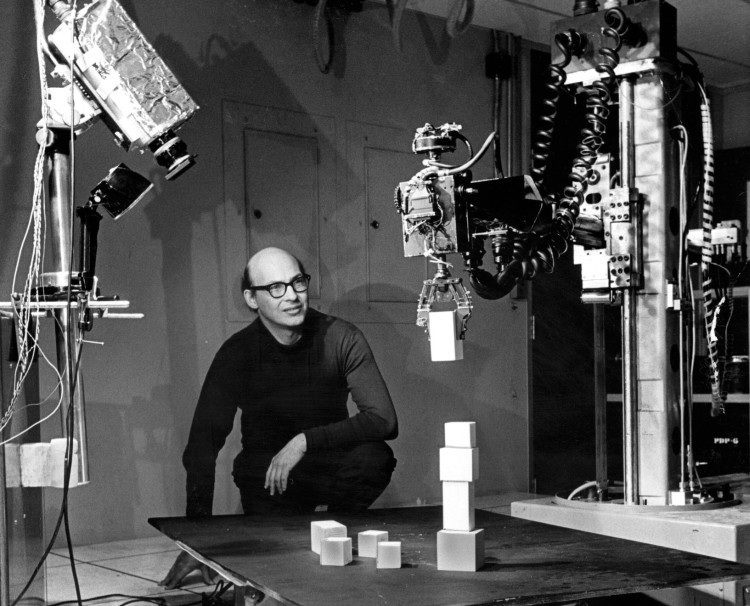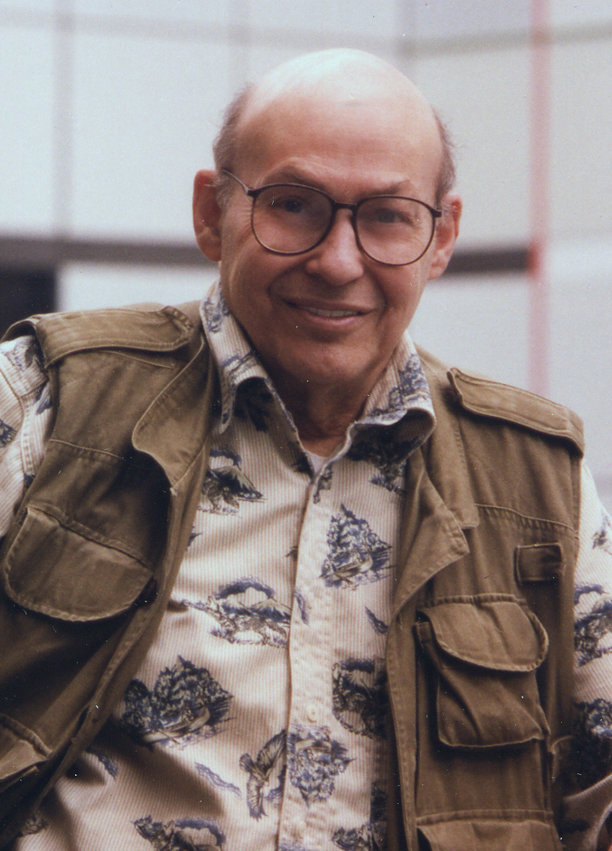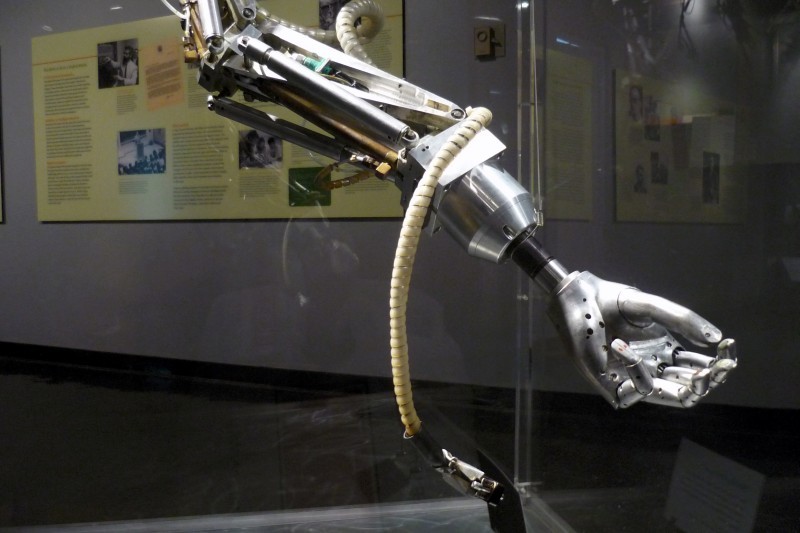Died Marvin Minsky, a pioneer in the field of artificial intelligence

Marvin Minsky at MIT Laboratory, 1968
Marvin Lee Minsky, an American scientist in the field of artificial intelligence, co-founder of the Laboratory of Artificial Intelligence at the Massachusetts Institute of Technology, died on January 24, 2016 in Boston at the age of 88 from a brain hemorrhage.
Marvin Minsky is one of the first researchers in the field of artificial intelligence, whose work helped to create a personal computer and the Internet. In 1951, he designed the first learning machine with a randomly connected neural network - SNARC. Together with Seymour Papert, he wrote the book Perceptrons, which became the fundamental work for subsequent developments in the field of artificial neural networks.
Long before the advent of microprocessors and supercomputers, Marvin Minsky laid the foundation for developments in the field of artificial intelligence: he showed that a computer can be taught the ability of reasonable reasoning.
“Marvin was one of the very few people in the computer field whose vision and future prospects freed the computer from the role of the great arithmometer in order to begin to understand its purpose as the most powerful amplifier in the history of human aspirations,” says Alan Kay, an American a scientist in the theory of computer systems, friend and colleague of Professor Minsky.

Marvin Minsky
Since his student days at Harvard, enchanted by the miracle of human reason and thinking, Marvin Minsky has not seen a difference in the process of thinking of people and machines. Since the beginning of the 50s, he worked on computational algorithms that describe the psychological processes in the human brain and are able to implement them in a computer.
He founded the laboratory of artificial intelligence at the Massachusetts Institute of Technology in 1959 together with John McCarthy, the inventor of the term “artificial intelligence”. In addition to AI research, the laboratory had a huge impact on the formation of the modern computer industry. It was part of the original ARPAnet network, ideas came up here that information should be freely distributed (Open Source movement).
Marvin Minsky designed one of the world's first mechanical hands with tactile sensors, influencing the development of robotics, he owns patents for the head graphic display (1963) and the confocal scanning microscope (1961, the forerunner of modern widespread confocal laser scanning microscopes). Together with Seymour Papert, he created the first “turtle” in the Logo language.

A mechanical arm developed by Minsky and Papert in 1968.
In the early 1970s, at the Laboratory of Artificial Intelligence, Massachusetts University of Technology, Minsk and Papert began to develop a theory that they called the "Society of Reason." The theory attempted to explain how what we call intelligence may be the product of the interaction of non-intellect components. There is no difference in the thinking of man and machine. The human brain as a kind of machine in the same way consists of many semi-autonomous, non-intelligent “agents”.
The Mind Society course at the Massachusetts Institute of Technology
’s website, “The Intellect Problem seems hopelessly deep,” Professor Minsky said in an interview with The New Yorker in 1981. “Given this, I cannot recall anything else worth working on.”
The Minsky course at MIT attracted many talented students, some of whom themselves later gained fame. Among them are the inventor and futurologist Ray Kurzweil, artificial intelligence researcher Professor Gerald Sassman.
Marvin Minsky was interested not only in science. He was a consultant to the 2001 Space Odyssey movie by Stanley Kubrick and is mentioned in the film's script and book. Professor Minsky believed that by 2001, computers would learn to articulate.
For Dr. Kaye, the professor was a source of constant curiosity: "He said:" You do not understand something for real, if you understand it only on one side. " He never thought that he had done anything completely to the end. "
Rip
